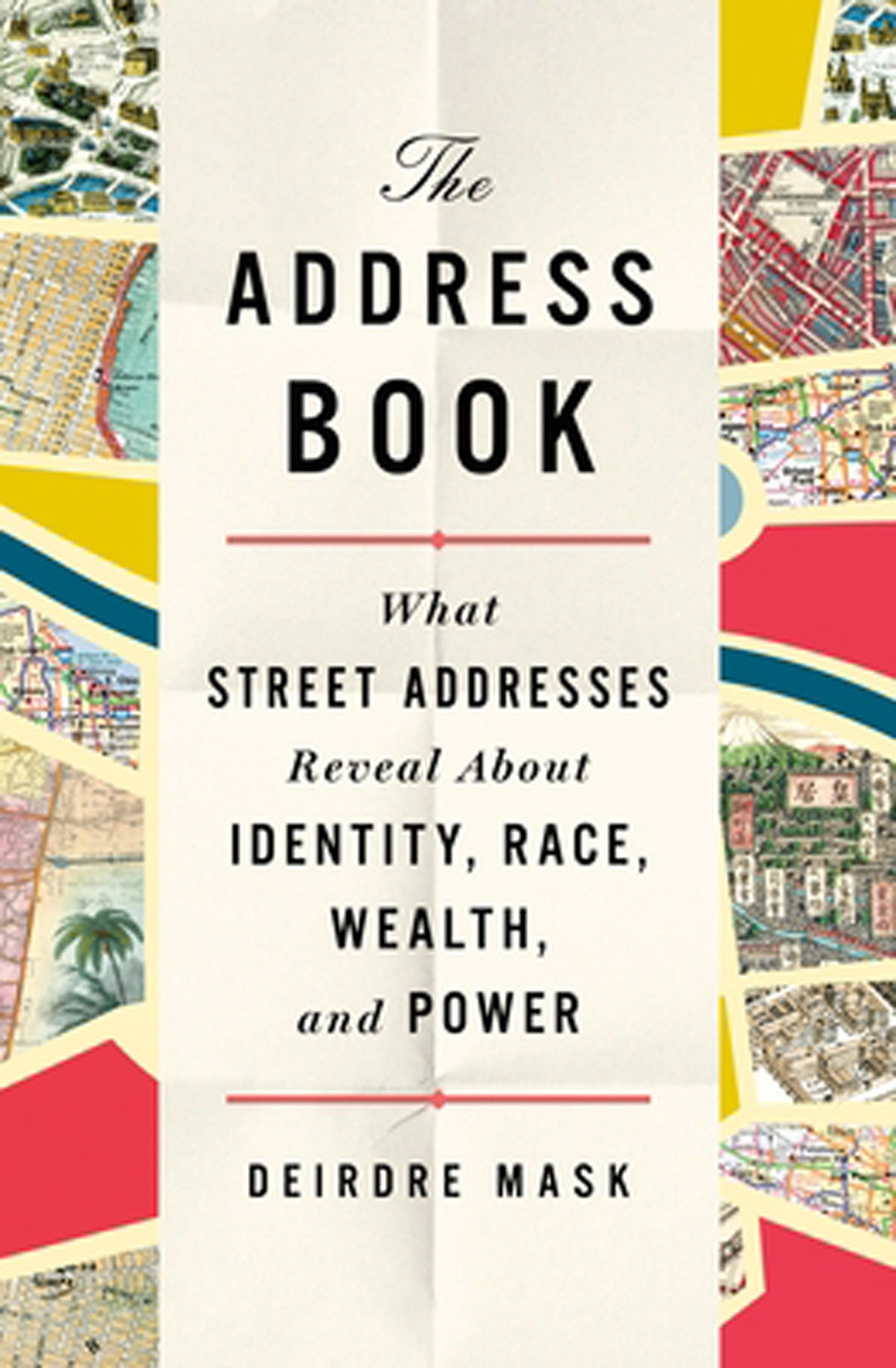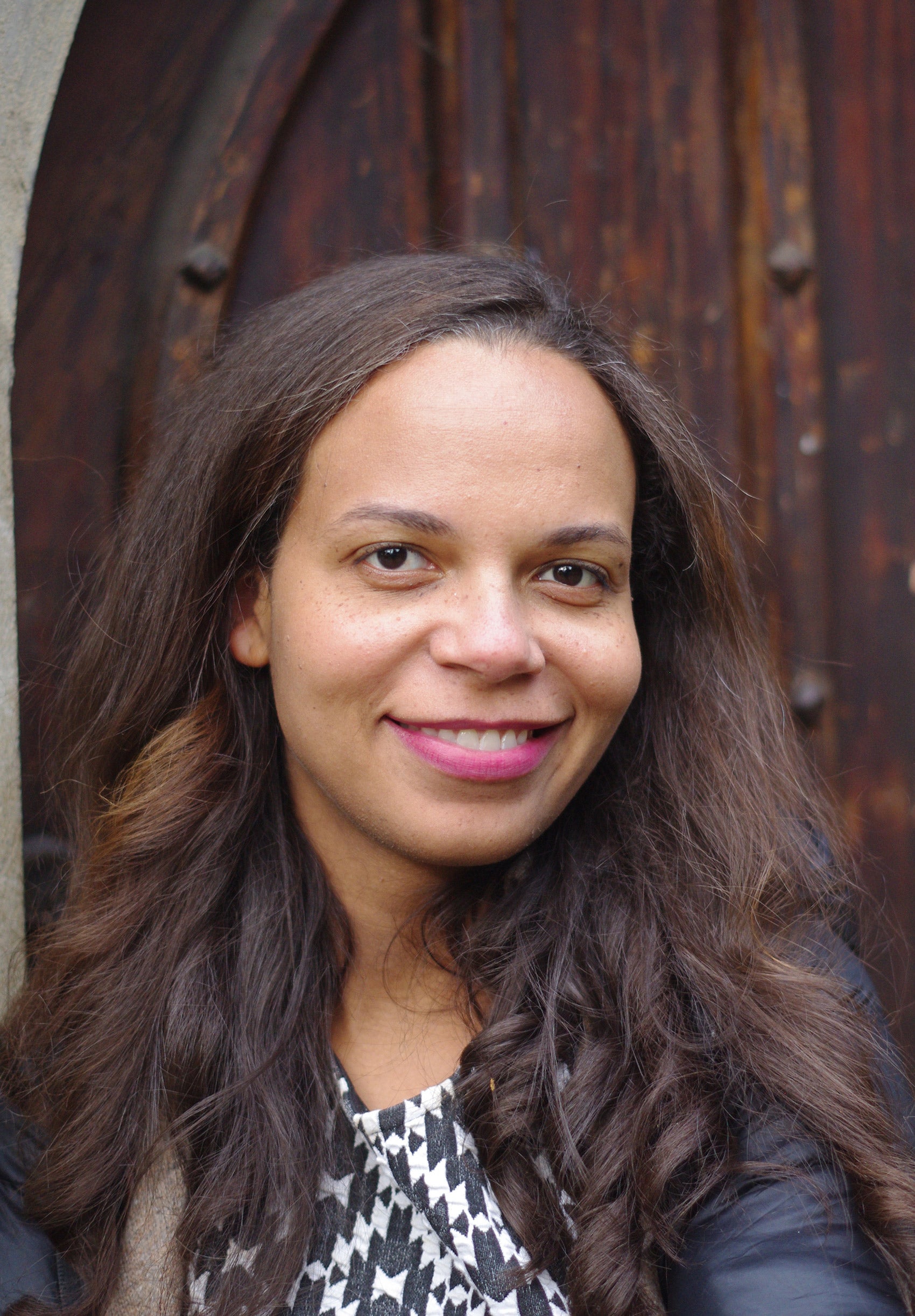Everyone who went to HLS knows that it is on a street called Massachusetts Avenue (or, as it’s known to people who live in the area, Mass. Ave.). But what if it were called Martin Luther King Jr. Street? Would people think any differently about the school? Or what if the school had no address at all? How would people find it?
These are the kinds of questions Deirdre Mask ’07 has been thinking about and researching. Whether exploring the perception that streets named after MLK are blighted and dangerous, or how a lack of addresses in impoverished neighborhoods in Kolkata, India, perpetuates poverty, Mask illuminates the richness and history behind the seemingly prosaic numbers and names that mark the places in our lives, in “The Address Book: What Street Addresses Reveal About Identity, Race, Wealth, and Power.”
It is an esoteric subject that most people may not immediately think is interesting, Mask acknowledges (the same held true for most book publishers—over a dozen rejected the proposal before St. Martin’s agreed to publish the book). In fact, she said, “I spent four years being embarrassed to tell anybody I was writing a book about street addresses.” Perhaps not so much now, as the book has received plaudits from The New York Times, The Washington Post, and The Guardian, among others.
Mask herself came to the subject by happenstance. It started when she addressed an envelope. At the time, a few years after her law school graduation, she had won a Mitchell Scholarship to pursue her master’s in writing in Ireland. She mailed a birthday card addressed to her father in the U.S. and wondered how the U.S. would get its share of the postage she paid in Ireland. To find out, she chanced upon the website of the Universal Postal Union. There she discovered that billions of people around the world don’t have reliable addresses. That includes in the U.S., which she later saw for herself when she drove—and got lost—around parts of West Virginia that lacked addresses. The experience became the basis for an article she wrote for The Atlantic magazine and sparked the idea for the book.
Mask illuminates the richness and history behind the seemingly prosaic numbers and names that mark the places in our lives.
Each chapter explores a different place and a different angle on addresses: how ancient Romans navigated their streets; how Vienna instituted house numbers in order to find men eligible for military service; how street names affect housing value in New York City. In addition, the book focuses on the ramifications of not having an address, which largely affect poor and homeless people. Though in some cases people prefer not having an address as a way to conceal themselves from government entities and outsiders, Mask notes that addresses are essential to your identity, allowing easier access to bank accounts, services, and job opportunities. They also bring something beyond the pragmatic, as she discovered by talking to people without addresses in Kolkata: a sense of belonging.
“It was a sense that you need to be able to be found, and found not just by your neighbors, but from people outside your community, and it’s actually really powerful to know that you’re being counted or that you’re being named,” says Mask.

The book also offers insight into social issues, including particularly topical ones. As she shows in a chapter on a cholera epidemic in Haiti, addresses can help stem a public health crisis. Location and disease are linked, she says, and can apply to efforts like contact tracing in the coronavirus pandemic. Mask observes that chapters on race stem from her reflections as an African American; one explores debates about naming streets after Confederate soldiers. Such debates help expose people’s views on race in a way that otherwise may remain hidden, she says.
“I think street addresses can be a useful lens [through which] to think about race,” said Mask. “What if we changed Robert E. Lee streets to Rosa Parks streets? What happens when we honor streets with Martin Luther King Jr.’s name? People’s real feelings are often revealed in debates over a seemingly small thing like naming a street after an African American.”
As her writing has gained attention, people have frequently contacted her to share their personal stories related to addresses. Mask has her own too. She now lives in London with her husband, Paul MacMahon ’07, who teaches law at the London School of Economics and Political Science, and their two daughters. When they were searching for a house to buy, an agent showed Mask one she liked. It was on Black Boy Lane. No one could say for sure how the street got its name, but it gave her pause to live there, considering how the term “boy” has been used to denigrate African American men. They eventually found another house where they live now, on Wilberforce Road, which was a considerably better address for Mask to call her own. William Wilberforce was a British politician and abolitionist whose advocacy led to the passage of a bill eradicating the British slave trade in 1807. Not everyone reading this may have known who Wilberforce was and what he stood for. Because of an address, now they do.
